Iran asserts Persian Gulf islands ‘inseparable’ parts of its territory
Iran’s Foreign Ministry spokesman Nasser Kan'ani has slammed as “repetitive, non-constructive and futile” the recent statement issued by the Persian Gulf Cooperation Council (GCC), saying the alliance’s stance undermines the regional cooperation.
His remarks came as the final communiqué of the 161st session of the Ministerial Council of the GCC referred to the three Iranian islands: Abu Musa, the Greater and Lesser Tunb as Emirati ones.
Kan'ani stressed that the three islands are “integral and eternal” part of the Iranian territory.
“The Islamic Republic of Iran considers any remarks regarding the residential development [of] and the travel of civilian and military officials to the islands that belong to Iran, as well as the holding of military exercises on its territorial borders as interference in its sovereign affairs and condemn them.”
The three Persian Gulf islands of Abu Musa, the Greater and Lesser Tunbs have historically been part of Iran, proof of which can be found and corroborated by countless historical, legal, and geographical documents in Iran and other parts of the world.
However, the United Arab Emirates has repeatedly laid claim to the islands.
The islands fell under British control in 1921 but on November 30, 1971, a day after British forces left the region and just two days before the UAE was to become an official federation, Iran’s sovereignty over the islands was restored.
Kan’ani also rejected the inclusion of Kuwait’s unilateral claim on the Arash gas field in the statement, saying “issuing repetitive statements and making unilateral claims have no legal value and doesn’t prove any right for the Kuwaiti side.”
He stressed that “technical and legal negotiations and bilateral dialogue” are the “only reasonable and fruitful” way to reach a related sustainable agreement that serves the common interests of the two sides.
The dispute over the Arash gas field dates back to the 1960s when Iran and Kuwait were awarded overlapping offshore concessions for the field following its discovery.
The Arash gas field is estimated to contain reserves of 20 trillion cubic feet of gas, potentially yielding a daily output of one billion cubic feet. Some studies show approximately 40% of the field lies within Iranian maritime boundaries.
Commenting on the statement’s content that referred to Iran’s nuclear program, the spokesman reiterated that “the Islamic Republic of Iran has always adhered to its international laws and obligations, so it considers baseless statements on its peaceful nuclear program as worthless.”
Kan’ani warned that the GCC’s stance “don’t help the process of regional interaction and cooperation, and should be avoided”, emphasizing that Iran observes good neighborliness policy and welcomes “constructive initiatives” aimed to expand bilateral and multilateral ties.
He also stressed the importance of cooperation between the regional countries to ensure the collective security.
“While rejecting the foreign military presence in the region, the Islamic Republic of Iran will firmly continue to play its effective and constructive role in ensuring the security of regional waters and waterways.”
US imposes new sanctions on fleet involved in Iran’s oil exports
Iran ready to consider troop deployment to Syria upon official request
VIDEO | Press TV's news headlines
23 Palestinians killed in Gaza as Israel issues new evacuation threats
Gazans now face epidemic of traumatic injuries: UNRWA
South Korea’s President Yoon declares martial law
Yemen, Iraqi resistance strike Israeli targets in joint operations
France’s Barnier government inches closer to collapse


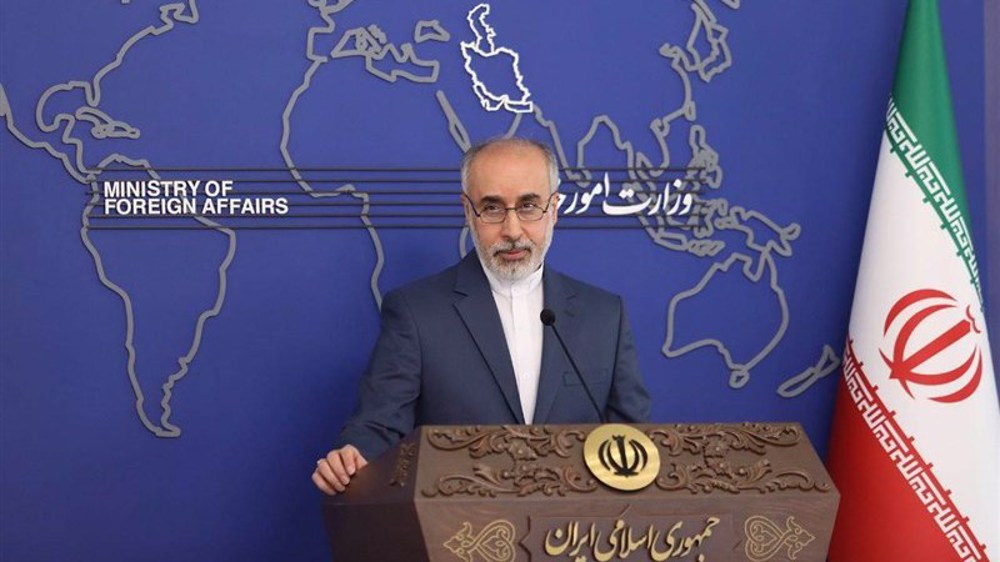
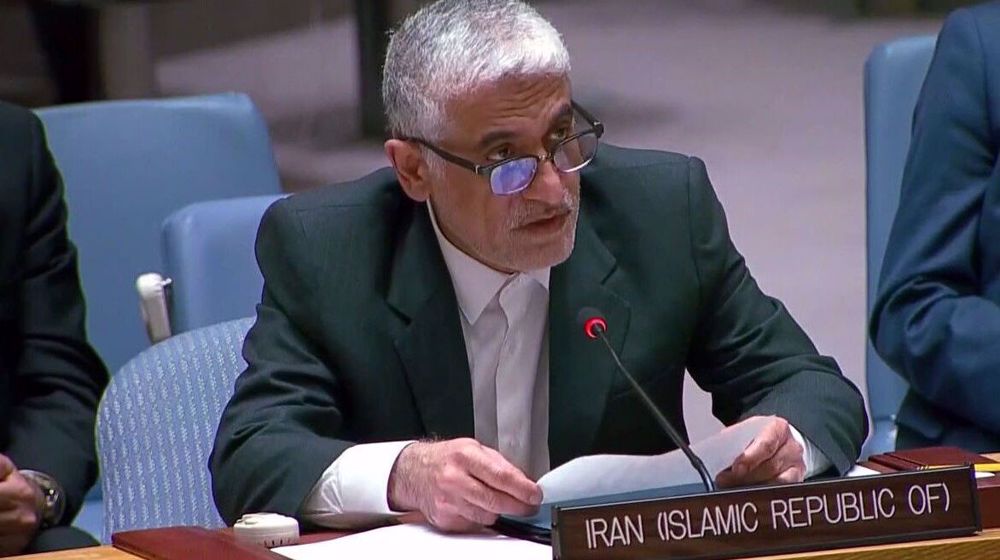
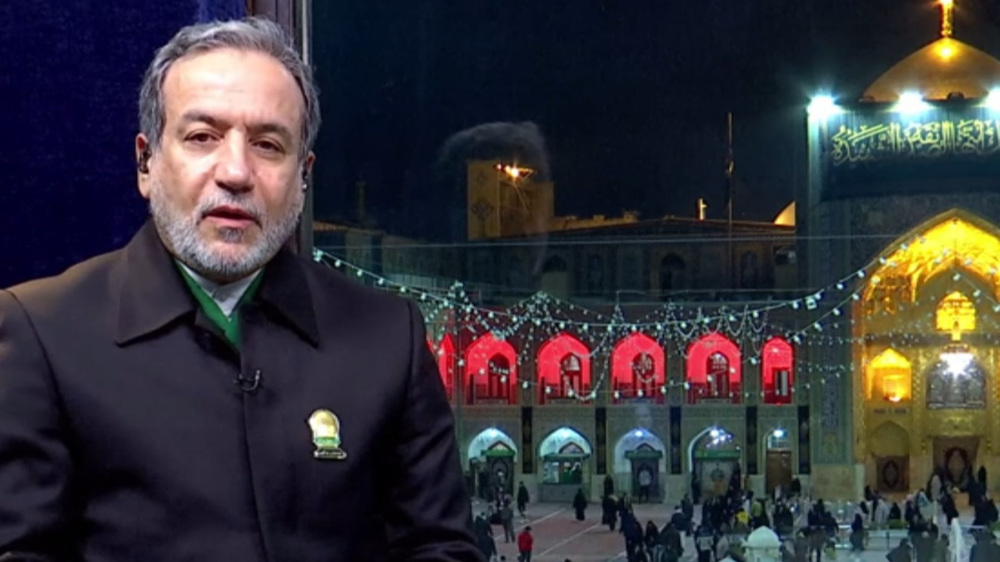
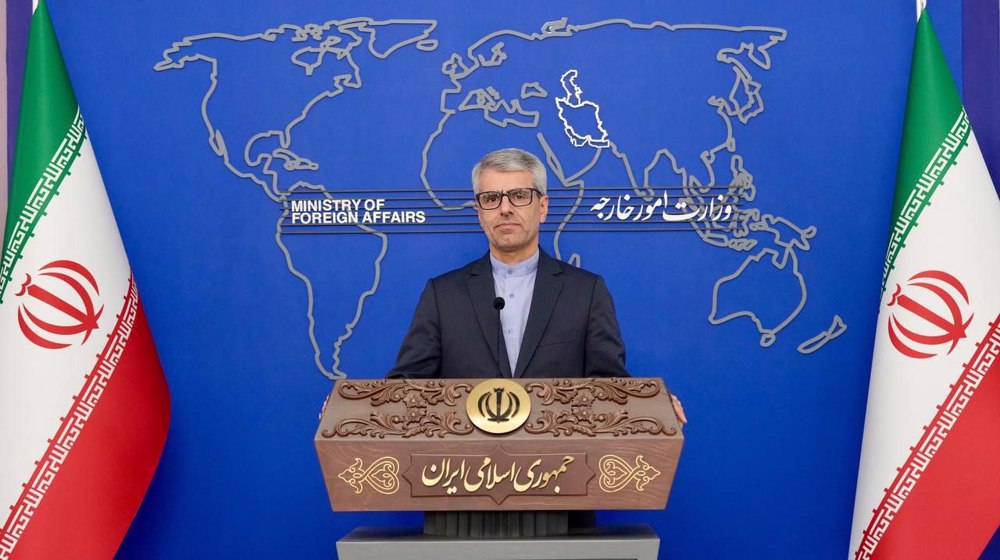
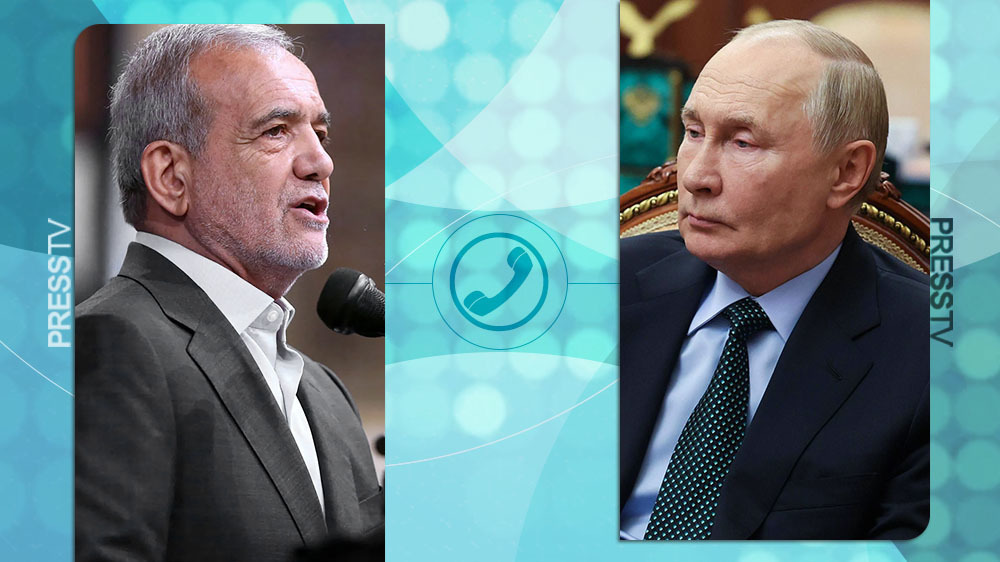



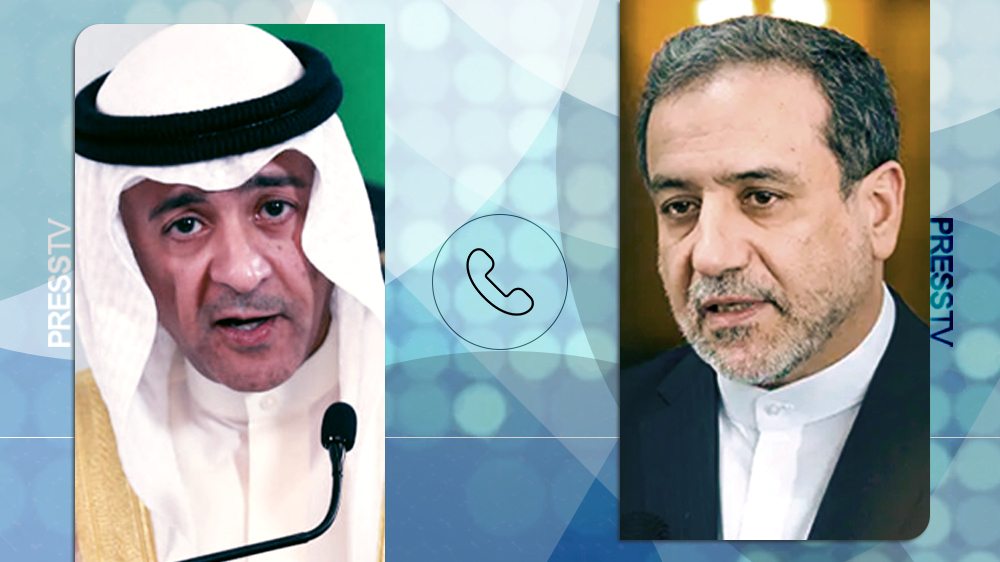

 This makes it easy to access the Press TV website
This makes it easy to access the Press TV website